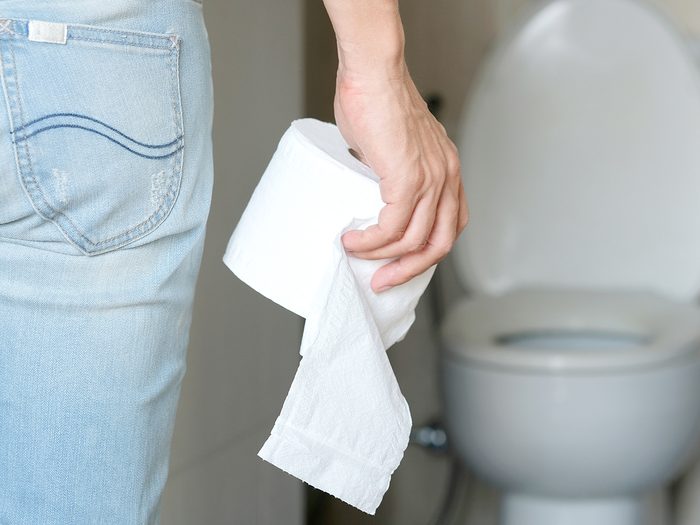
What Your Poop Tells You: 6 Health Clues in Your Stool
Know Your Type
A stool scale developed at the University of Bristol, U.K., describes seven stool formations, from severe constipation (hard little lumps) to severe diarrhea (practically water). The ideal healthy poop is type 3 or 4: sausage-like and S-shaped in the bowl, passed painlessly and without straining or spending too long on the toilet. If your poop is lower on the scale (trending towards constipation) or higher and looser, chances are that dietary changes and lifestyle strategies will help.

Below the Surface
What your poop tells you weight-wise is important. Poops that contain a lot of gas or are low in fibre may lack enough density to sink. (Adding these high-fibre foods to your diet could help.) Don’t be too alarmed by floaters, which aren’t generally a sign of disease. But if you also see fat droplets in the toilet bowl that don’t flush away with the rest of your business, it could indicate a malabsorption disorder, like celiac disease, which needs investigation.
Find out the best foods to make you poop.
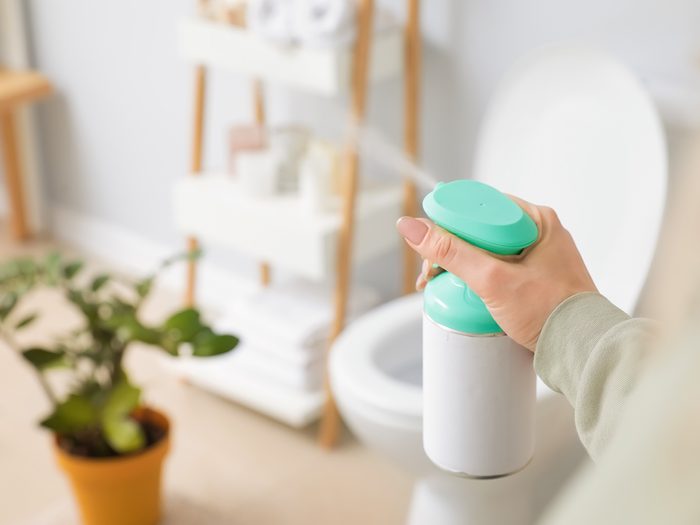
The Smell Test
Frankly, stool stinks—even healthy poop. The bad smell comes from short-chain fatty acids, a normal by-product created by the bacteria in your bowel as they ferment foods. The odour of your poop may also be influenced by various spices or marinades in your foods and the diversity of your gut bacteria. Stool will smell fouler than usual, however, if you’re excreting digested blood (which warrants a doctor’s visit) or infectious diarrhea (see your doc for this, too, if it’s severe or isn’t going away after three days), or if it contains an excess amount of malabsorbed fat.
Discover the sneaky reasons you’re bloated all the time.
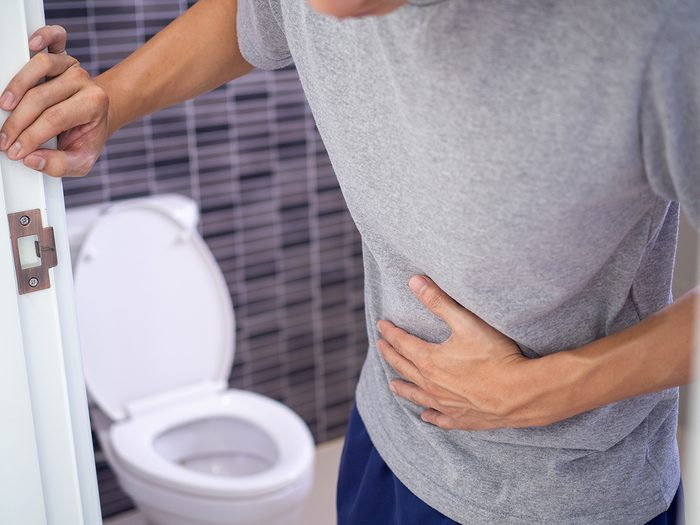
Colour Coding
What your poop tells you in terms of colour is also important to consider. Its hues and shades vary widely depending on what you’ve consumed, especially if you’ve eaten a lot of it, or if it contains food dyes. Blueberries and stout beer can darken the colour, and green vegetables can turn it more of a shamrock shade. Beets can make it look red. However, red can also signify bleeding, a symptom of cancer, inflammatory bowel disease or another problem. Black, tarry stool may mean you’re bleeding somewhere higher up, like the stomach. It’s important to seek medical attention if you suspect bleeding. Same with very pale poop, which can be a sign of a bile duct problem. Some medications can temporarily change your stool colour, including iron supplements and Pepto-Bismol, which make it look black. It’s worth noting that fecal blood can be microscopic, so it may not be visible. “If you have a family history of colon cancer or you’re over the age of 50, ask your doctor about screening,” says Dr. Carlo Fallone, a gastroenterologist at McGill University Health Centre in Montreal.
Here are 20 symptoms you should never ignore.
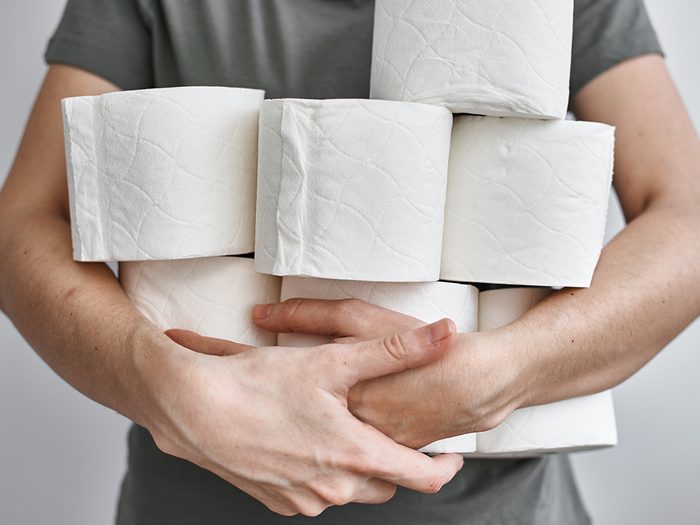
What’s the Frequency?
Is there such a thing as too many number twos? What about movements that make only rare appearances? “There’s a huge range of what’s considered normal,” says Dr. Dina Kao, a University of Alberta gastroenterologist. Some of us are on the throne three times a day, while others poop once every few days. There’s no need to worry about the frequency of your bowel movements if your stool appears normal and you feel well. But don’t dismiss symptoms like fever, pain or dehydration. “If there’s blood, any change in your usual pattern of bowel movements, or weight loss, or if you have any concerns, you should speak to your doctor,” says Fallone.
Check out seven daily habits for healthier poops.
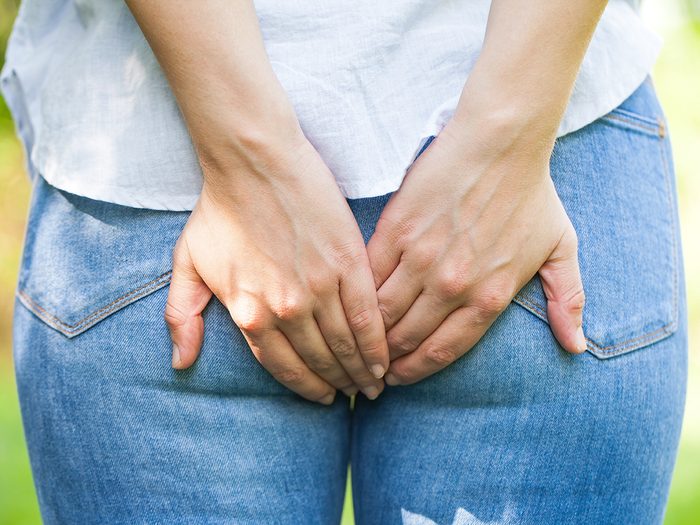
Facts About Farts
Flatulence is inevitable. The bacteria in your bowel naturally generate gases as they ferment the bits of food your body can’t digest—and there’s only one way out. We tend to toot more frequently (or more pungently) depending on our diet, which is probably why some folks seem fartier than others. “Other than the inconvenience and embarrassment of it, it’s probably not due to anything serious,” says Dr. Geoffrey Turnbull, a gastroenterologist at Dalhousie University in Halifax. Nevertheless, you may be able to adjust your output with the dietary tweaks.
Now that you know what your poop says about your health, find out the best position to poop.